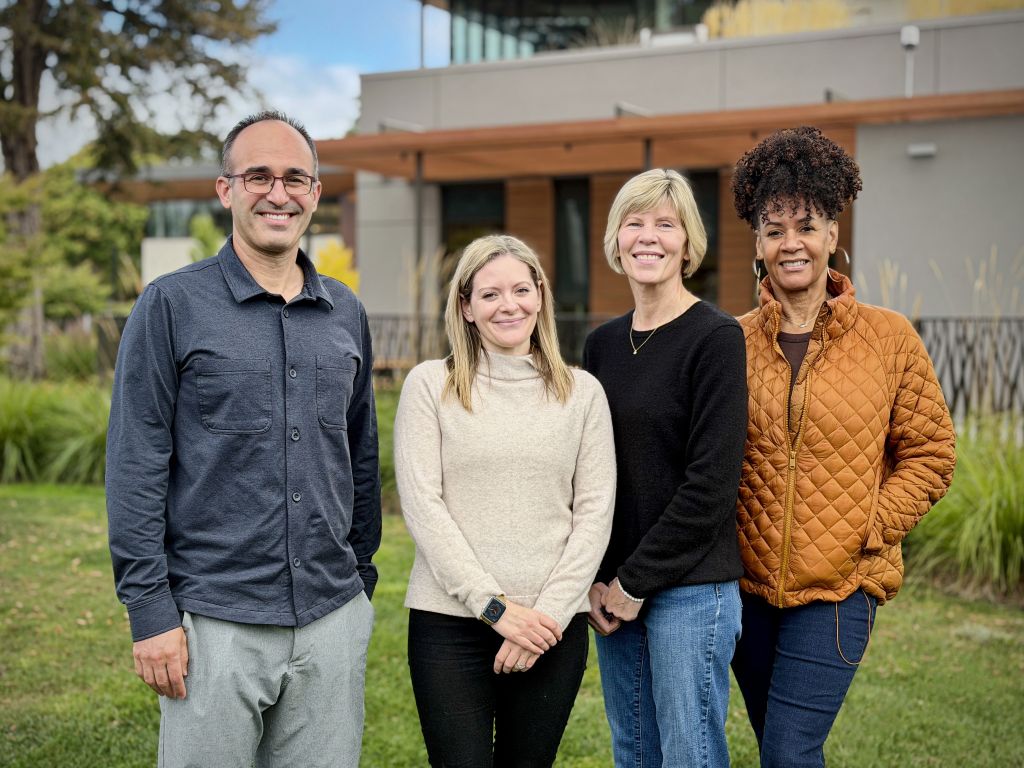All About Closing Costs
Closing Costs
What are closing costs like in San Mateo County and who pays for them?
When the title of a property is transferred from the seller to the buyer, both parties pay closing costs—fees paid at the closing of your real estate transaction.
How much are closing costs?
Closing costs vary based on the loan you choose, where you live, and the property you buy. In this post, we discuss what you can typically expect to pay, and what those fees cover.
Closing costs for sellers
What do sellers pay? Sellers typically pay more than buyers because it is the seller that pays for all or a majority of the commission of the listing agent and buyer’s agent. Closing costs for sellers are usually 6-10% of the sale price of the property. In San Mateo County, in addition to commission, there is a seller transfer tax of $1.10 per thousand dollars of transferred property value and some other minor fees, like a mobile notary fee of around $200, and sometimes a recording fee. The good news for sellers is that closing costs are deducted from the proceeds of the sale of the home, so there is no need to have cash available for these fees. Typical closing costs for sellers may include:
Agents’ commissions
Transfer taxes or recording fees
Loan payoff costs
Title insurance
Escrow and closing fees
Prorated property taxes
Credits toward closing costs
Attorney fees
Closing costs for buyers
What do buyers pay? Closing costs for buyers can run about 1 to 1.5% of the purchase price, including any commission. Some of the bigger costs for buyers may include:
A loan amount origination fee
Escrow fees
Title insurance
Home inspections
Home appraisal fee
Taxes on the money you've borrowed for your home loan
Private mortgage insurance (with down payment less than 20% of the purchase price)
Discount points, or mortgage points (fees paid right to the mortgage lender in exchange for a lower interest rate)
Document recording fees for the deed and mortgage
Commission
Prepaid items vs. closing costs - what's the difference?
Prepaid items are different from closing cost fees, are related to the home itself, and are used to pay the first month's interest on the loan and to create escrow accounts for taxes and insurance before your monthly payments kick in. They are shown as "Items Required by Lender to be Paid in Advance" and "Reserves Deposited with Lender" on your settlement statement when you close. Prepaid items may include:
First year’s hazard insurance premium
Advance payments for real estate taxes
Advance premiums for homeowner's insurance
Escrow money
Mortgage interest
Transfer taxes at closing
A transfer tax (deed transfer tax) is imposed when real estate is transferred from one owner to another. In California, the seller traditionally pays the transfer tax, though transfer taxes can become a negotiating point during closing. In addition to the county rate, cities may impose additional transfer taxes (the only one who does in San Mateo County is the City of San Mateo, and it’s $5 per thousand dollars of the purchase price). The transfer tax in San Mateo County is typically $1.10 for every thousand dollars of the purchase price.
Our expertise is working with buyers and sellers throughout San Mateo County, including Burlingame, Hillsborough, San Mateo, San Carlos, Redwood City, Millbrae, Belmont, Redwood Shores, Foster City, and South San Francisco.
Visit NerdWallet to see more information about closing cost fees including: property-related fees; loan-related fees; mortgage insurance fees; property taxes; annual fees, and insurance fees; title fees, and mortgage closing documents.








